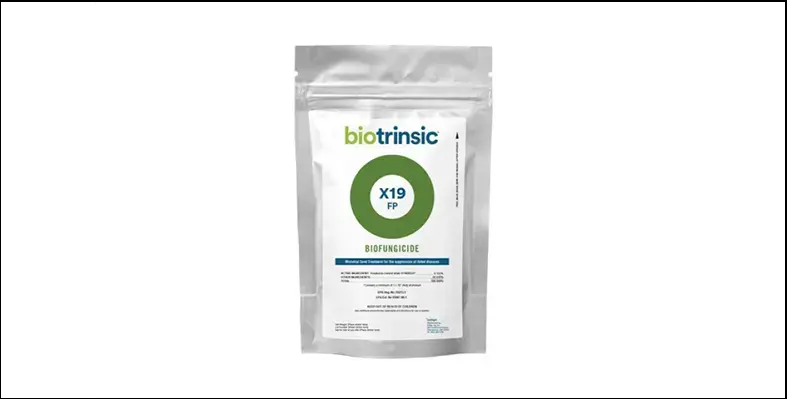Indigo Ag has introduced Biotrinsic Nemora FP, a new biological bionematicide seed treatment designed to protect soybean crops against the damaging soybean cyst nematode (SCN).
Registered with the EPA and available for spring planting, Nemora FP uses an innovative anti-hatch technology that prevents nematode eggs from hatching, helping farmers manage SCN pressure while maintaining strong yields—without the harmful effects sometimes associated with chemical treatments.
“Nemora is designed to colonise soybean roots and shoots early and persist through the season,” said Jon Giebel, Vice President of North America Commercial Biologicals at Indigo Ag. “In trials, it delivered improved plant health metrics and compelling yield potential while offering growers a biological option that can benefit soil health in the process.”
Nemora FP contains a naturally occurring Pseudomonas oryzihabitans bacterium that colonises roots and shoots, multiplying rapidly around the roots. This microbial action disrupts the conditions necessary for SCN eggs to hatch, reducing the number of juveniles and slowing the nematode lifecycle. Unlike chemicals, Nemora does not harm beneficial soil nematodes or interfere with nodulation, making it a sustainable option.
“SCN is the nation’s most damaging soybean pathogen,” said Greg Tylka, Morrill Professor at Iowa State University. He emphasised that managing SCN requires an integrated approach including crop rotation, resistant varieties, and seed treatments like Nemora.
Growers using Nemora can expect healthier plants with longer taproots, increased root biomass, and thicker shoots. Trials showed a 68% average reduction in SCN egg hatch, alongside yield benefits comparable to conventional chemical treatments.
“Nemora is another important tool against the SCN threat and growing resistance to SCN traits like PI 88788,” added Giebel. “As a biological seed treatment, it helps manage nematode pressure by stopping egg hatch and can deliver season-long benefits.”




